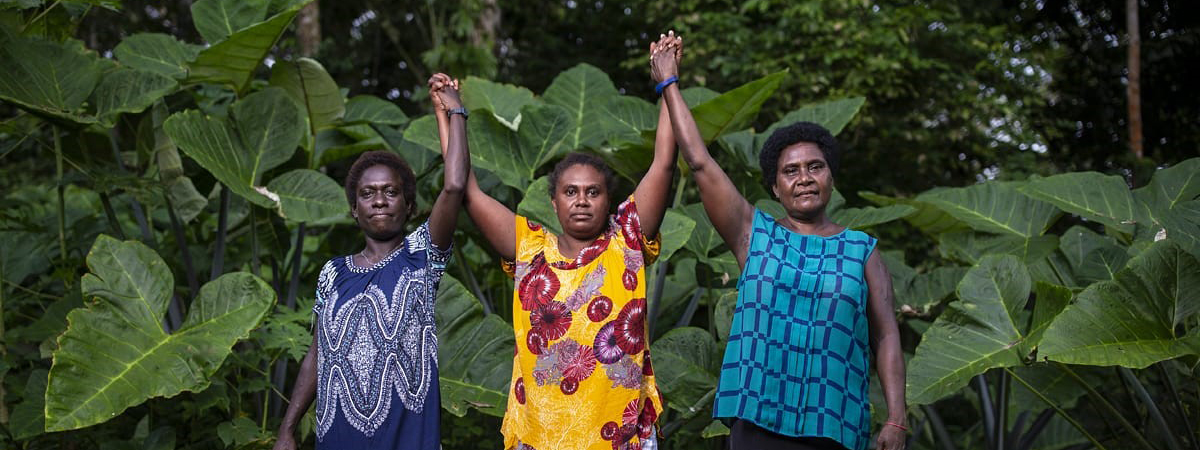
Economic justice
Explore evidence on women’s economic rights, including issues of women’s unpaid work and the care economy.
Program Evaluation: Solomon Islands Rural Women’s Economic Empowerment and Leadership Program
This report is an evaluation of West ‘Are’Are Rokotanikeni Association’s (WARA) Solomon Islands Rural Women’s Economic Empowerment and Leadership Program.
Gendered Marketplace Assessment – Suai, Covalima
This report outlines the process and findings from a gender and disability assessment of two marketplaces in the town of Suai, in Covalima.
Factsheet: Social Protections During COVID-19
The COVID-19 crisis has demonstrated how social protections can help societies, economies and individuals to cope with shock and crisis.
Submission to the Parliamentary Inquiry into Australia activating greater trade and investment with Pacific island countries
This submission outlines IWDA’s recommendations to ensure Australia’s trade and investment policies contribute to progress on gender equality in the Pacific.
Factsheet: Care in Crisis
The COVID-19 crisis has demonstrated more than ever that care work, paid and unpaid, underpins economic and social life in all societies.
Gender and Economy in Melanesian Communities
This toolkit is a collection of materials for tracking the impacts of economic change for women and men in Melanesian communities.
Do No Harm Toolkit – Briefing Note
This briefing note on the Do No Harm research summarises the key research findings and toolkit principles.
Gender and Economy in Melanesia – Review, May 2018
This Review report summaries the key findings of an external review into the usage of the International Women’s Development Agency (IWDA) resource: Monitoring Gender and Economy in Melanesian Communities: Resources for NGOs, government and researchers in Melanesia. The review was undertaken over 12 days between March- May 2018 by consultant Claire Rowland for IWDA’s GenderWISE…

